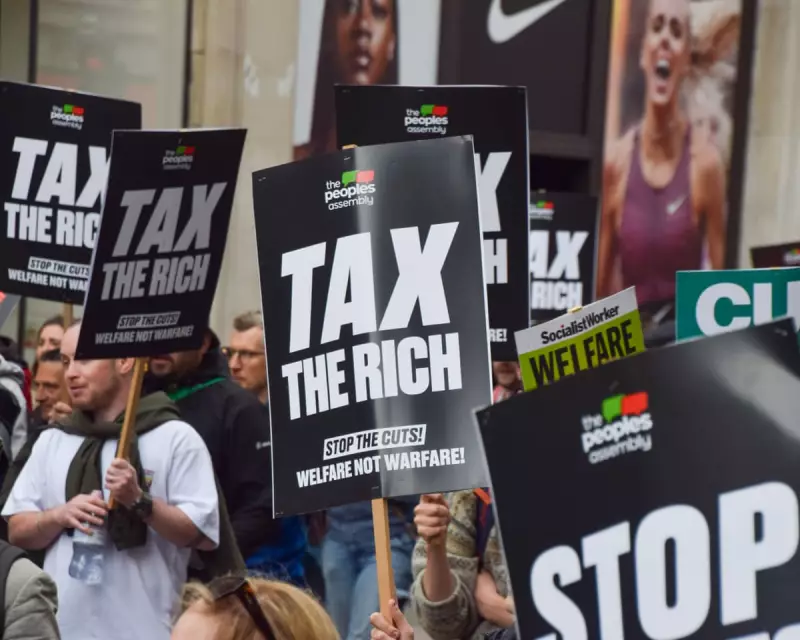
The age-old debate about taxing extreme wealth in Britain has taken a dramatic new turn. A revolutionary report from the influential Institute for Public Policy Research (IPPR) and the Common Wealth thinktank has unveiled a bold alternative to the conventional wealth tax—a policy that has repeatedly stalled in the political arena.
The Flawed Wealth Tax: Why It Never Gained Traction
For decades, the concept of an annual levy on millionaires' and billionaires' total assets has divided economists and politicians alike. While appealing in theory, its implementation faced insurmountable hurdles: the monumental administrative burden of valuing complex global assets, legitimate concerns about capital flight, and fierce political opposition that branded it as anti-aspiration.
The Five-Point Plan: A Practical Revolution
The groundbreaking report, "Taxing Wealth: Beyond the Wealth Tax," presents a sophisticated five-pronged approach designed to target wealth where it actually flows:
- Supercharged Capital Gains Reform: Aligning CGT rates with income tax and eliminating the generous uplift on death that currently allows billions to escape taxation entirely
- Inheritance Tax Overhaul: Replacing the outdated current system with a lifetime gifts tax that captures wealth transferred across generations
- Pensions Equality: Reforming tax relief to benefit low and middle-income earners rather than subsidising the wealthy
- Property Wealth Rebalance: Introducing a proportional property tax to replace the regressive council tax system
- Trust Transparency: Closing loopholes that allow significant wealth to be hidden from the tax system
The Staggering Numbers Behind the Status Quo
The research reveals an alarming reality: the UK's wealthiest 1% own approximately 36% of the country's total wealth, yet contribute disproportionately little through the current tax system. This isn't merely an economic issue—it's a fundamental question of intergenerational fairness and social cohesion.
Why This Approach Could Actually Work
Unlike the wealth tax, these measures target wealth transfers and income flows rather than static assets, making them both administratively feasible and politically palatable. They build upon existing tax frameworks rather than creating entirely new systems, dramatically reducing implementation barriers.
Perhaps most importantly, this approach recognises that wealth inequality isn't just about the super-rich—it's about creating a system where opportunity isn't determined by inheritance and where essential public services receive sustainable funding.
The Political Landscape: Who Might Embrace This?
With Labour leading in the polls and facing immense pressure to deliver meaningful change without spooking markets, this pragmatic approach offers a potential middle ground. It allows for significant revenue generation—estimated in the tens of billions—without the political toxicity of a full-blown wealth tax.
As Britain stands at a economic crossroads, this report provides something rare in tax policy: both radical ambition and practical implementation. The question is no longer whether to tax wealth, but how to do it effectively—and the answer might finally be within reach.




